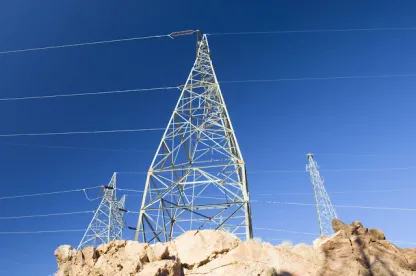On April 20th, the New York State Energy Research and Development Authority (NYSERDA) issued a request for proposals (RFP) for Stage 2 of the NY Prize Community Grid Competition. The NY Prize Competition supports the development of community microgrids in order to enhance local power supply reliability and resiliency, including minimizing power outages associated with emergencies, natural disasters, etc. Ultimately, up to $40 million will be made available to develop such microgrids.
Stage 2 is part of a three-step process: under Stage 1, up to $100,000 was awarded to each of 83 proposals to conduct microgrid feasibility studies; Stage 2 focuses on detailed engineering design, financial, and business plans; and Stage 3 will award up to $5 million for seven projects for build-out and construction and post-operational monitoring support.
Communities are invited to submit proposals for the Stage 2 award by October 12, 2016. Participation in Stage 1 is not a prerequisite to responding to the Stage 2 RFP; however, Stage 2 proposals must include a completed feasibility assessment, including a benefit cost analysis, that mirrors the Stage 1 assessment. Proposals must introduce a minimum 15% cost-sharing of total project costs. Up to ten proposals will be selected and approximately $8 million is available in funding for Stage 2.
A Stage 2 proposal should offer a clear understanding of how the Detailed Engineering Design and Financial and Business Plan Assessment will be addressed for the proposed microgrid. Stage 2 demands greater detail on key issues in order to develop a microgrid, including ownership structure, financing and sources of funding, utility interconnection hurdles, whether the viability of the microgrid is dependent on special tariff arrangements, investment credits, or subsidies, and appropriate operating arrangements with customers served by the microgrid. Proposals must also include budgeting work plans for specific financial milestones and cost-sharing estimates. In addition, proposals should demonstrate careful consideration of all procurement laws that may apply through Stage 3 and project implementation. An applicant should outline a rational and viable path to address these issues. The feasibility assessment report checklist provides a detailed overview of these requirements.
A Stage 2 Outreach and Informational Session will take place in May 2016, and Stage 2 contracts are expected to be awarded in December 2016. The Stage 3 process is anticipated to start in January 2018.






 />i
/>i
